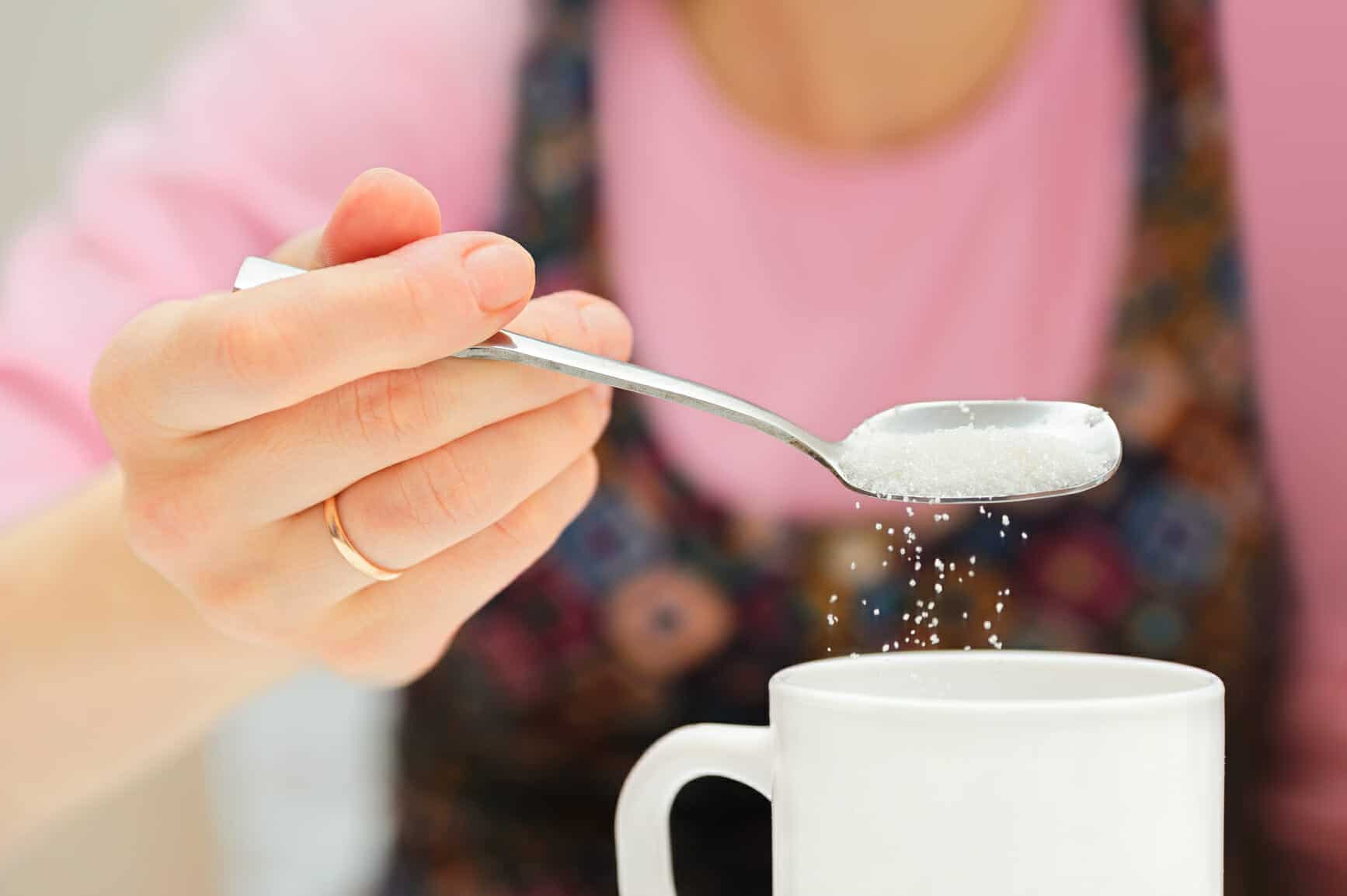It has been observed that manic depression, also known as bipolar disorder, tends to run in families. Scientific research is still being worked on to determine exactly how genetics plays a part in this discovery.
Bipolar disorder is most recognized by drastic mood changes among the individual. We all have mood changes at times precipitated by our good days and bad days, but a person with bipolar disorder, or manic depression, has extreme shifts in mood that are beyond the realm of just a “bad mood” or a “good mood”. Their shifts are so extremely definable that it causes one to speculate that it is out of the ordinary. Their dramatic mood swings are of the ultimate “highs” and the deepest of the “lows”.
A biochemical imbalance involving brain neurotransmitters and hormones seem to be largely responsible for developing a mood disorder. Because this involves many different genes, otherwise known as polygenic, it is difficult to say just where this imbalance will lead the person with a mood disorder. Almost 90% of people diagnosed with manic depression or bipolar disease has a relative with some type of mood disorder.
Gene linkage techniques, published in a paper in 2003 by researchers, indicates a recognizable defect in a gene known as GRK3 as being responsible for one tenth of the instances of bipolar disorder. A kinase enzyme, known as G protein receptor kinase 3, plays a part in dopamine metabolism.
A similar study done in 2007 links bipolar disease and diacylglycerol kinase (DGKH), which is a significant protein in the aspect of lithium-sensitive pohosphatidyl inositol. According to yet another research it is thought that genes are also attributed to the age that a person develops bipolar disorder to occur earlier in each generation that it is passed down to and that is thought to be at an increasing rate of severity as well. This is known as genetic anticipation.
It has been noted that approximately 1% of the world population is at risk for developing bipolar disorder. A relative second in the biological lineup such as an aunt, uncle, or cousin has an approximate 3% to 7% higher chance of having a relative with bipolar disorder.
If a sibling is noted to have bipolar disorder the chances of a brother or sister developing bipolar disorder would be approximately increased to 15% to 25%. This statistic also applies for fraternal twins and having one parent with this illness. Both parents having bipolar disorder, as well as having an identical twin increases their chances for an offspring or the other twin developing bipolar disorder from 50% to 75%.
Given these statistics it is important that bipolar disorder be diagnosed at as early an age as possible so that proper medical treatment can take place. With an early diagnosis being made and proper treatment begun the chances for a normal life will be increased in a person with this illness.





